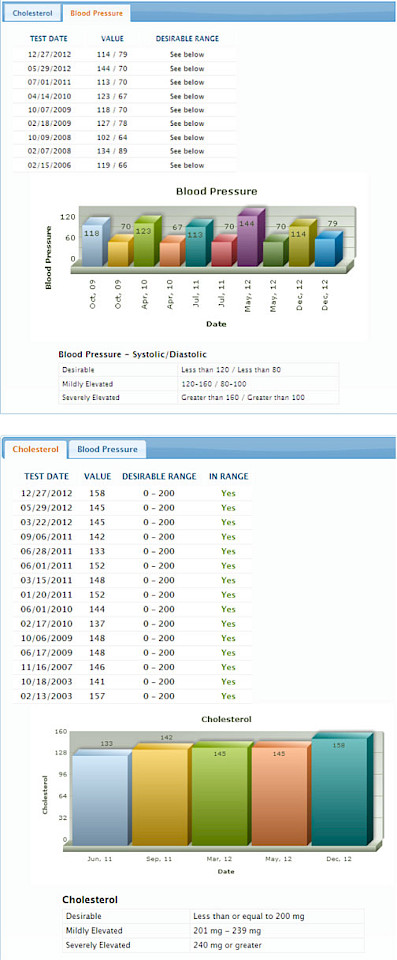Human T-Lymphotropic Virus Type I and/or Type II Antibody (Anti-HTLV-I/Type II) test detects the presence of an antibody to the viruses, Human T-Lymphotropic Virus Type I and/or Type II. These viruses have been associated with two disease processes, Adult T-Cell Leukemia and Tropical Spastic Paraparesis. A positive test indicates that the individual has been exposed to this virus. It does not mean that the person will develop Adult T-Cell Leukemia or Tropical Spastic Paraparesis.
Since a false positive test may be found, a second test must be completed in order to confirm that the viral exposure has occurred. An individual with a confirmed positive test should be evaluated by a physician. Individuals with confirmed positive tests are permanently deferred as blood donors.

